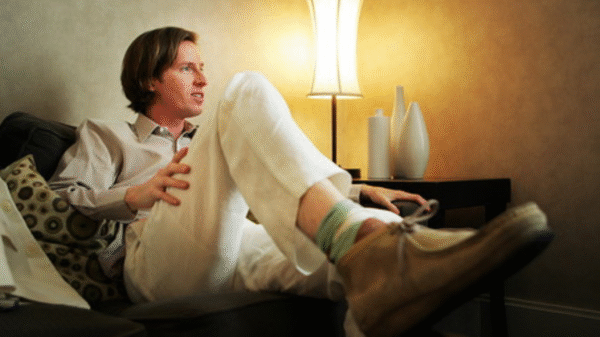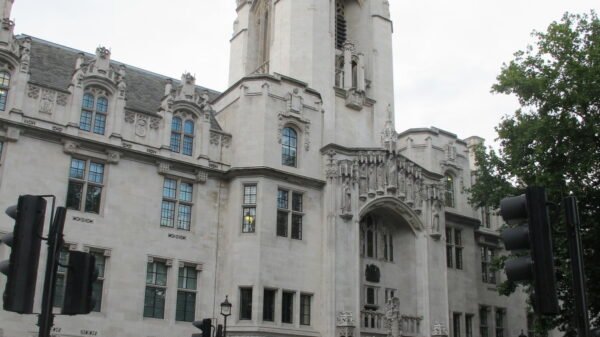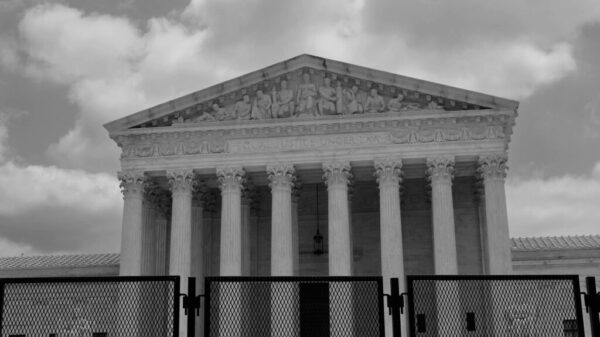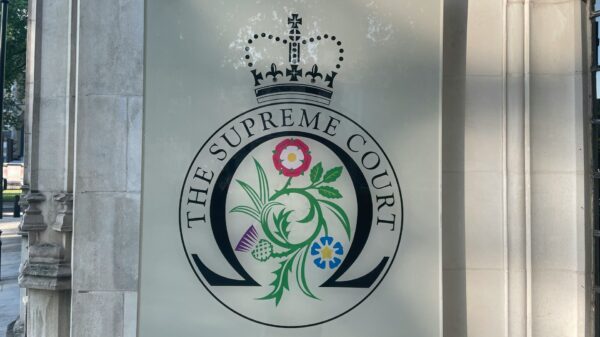Last week, the United States Supreme Court officially overturned Roe v. Wade and Planned Parenthood v. Casey, two verdicts which had guaranteed abortion rights to American women for decades.
We at Roar strongly support a woman’s right to choose and condemn the ruling made by the Supreme Court. While the decision to terminate a pregnancy is sorrowful, most especially for the mother, the ability of women to control their own bodies is a fundamental human right.
Abortion rights are broadly supported by the American public and have been affirmed by numerous institutions including the UN Human Rights Committee and European Court of Human Rights. Here in Great Britain, the abortion issue has been settled since the 1967 Abortion Acts which made the procedure available for women under the NHS. The decision from across the pond has been condemned by British politicians across the political spectrum.
Since its leak in May, legal scholars have harshly criticised the court’s majority opinion written by Justice Samuel Alito. Alito uses English Common Law and US abortion restrictions before Roe to argue that the rights to privacy and bodily integrity enshrined in the 14th Amendment do not extend to a woman’s ability to control her body.
However, historians have noted that the common law actually permitted abortion up to 20 weeks of pregnancy or before “quickening”. In addition, even before Roe, abortion was legal in many states and criminal prosecutions were rare. But most importantly, in stating that rights derived from the 14th Amendment must be “deeply rooted in this Nation’s history and tradition”, the Supreme Court opens the door to nullifying any protections conferred recently particularly those for interracial and gay marriage.
In overturning Roe and Casey, five judges (four of whom are men) have denied millions of American women the right to make their own choices about their own bodies. Abortion policy is now in the hands of politicians in Congress and state governments. Within hours of the decision, states had passed some of the most restrictive abortion bans seen in decades, causing abortion clinics to close. Most of these states make no exceptions for victims of rape or incest. In response, pro-choice states, such as New York and California, have passed laws making it easier for women seeking abortions to cross state lines for the procedure.
Using the principle of state-level self determination to justify this decision, as some Republican politicians have done, is also deeply flawed. There are certain fundamental rights that should be kept out of the hands of politicians. The abolition of racial segregation in schools and introduction of same-sex marriage occurred because courts took away the power of politicians in state governments to legislate on those Constitutional issues. Abortion rights should be no different.
The court’s decision also has implications beyond simple access to abortion. A landmark study offers us a damning insight to the near future. Women forced to carry their pregnancies to term are four times more likely to live under the federal poverty line. The study shows that 95% of women report that having an abortion was the right thing to do. This puts to bed the common claim that abortions worsen women’s mental health. In fact, the opposite is the case. Women who are denied abortions are more likely to suffer anxiety, depression and remain with abusive partners. Also, in the cases of ectopic pregnancies, sceptic uteruses or incomplete miscarriages, the only treatment is an abortion.
Children born from these unwanted pregnancies also face consequences. They endure all of the burdens that fall on the mother and family involved. This means that they are more likely to grow up in poverty and not receive many of their basic needs. As a result of this, they are more likely to lag in education attainment. The data builds a picture of a situation in which children suffer tremendously.
Furthermore, the overturning of Roe will disproportionately affect people of colour, who already receive lower-quality healthcare than white Americans. The mortality risk of carrying a pregnancy to term is already three times higher for Black women, and, according to a University of Colorado study, pregnancy-related deaths would increase by a third amongst Black women.
Lastly, Roe’s repeal also may be considered unconstitutional from the perspective of religious freedom, which is guaranteed by the First Amendment. This is because most foundational Jewish texts state that a foetus does not gain personhood until birth. As such, Judaism permits abortion and requires it in cases where the mother’s life is at risk. Not allowing Jewish individuals access to abortion, then, can be considered a violation of their religious freedom.
In the eyes of most Americans and indeed millions across the globe, the Supreme Court has delegimatized itself and undermined its authority with this decision. The five Justices have shown disregard for the US Constitution, a lack of knowledge of historical precedent and utilised nonsensical reasoning. It is a clear step backwards for a country already plagued by resentment and division.

















